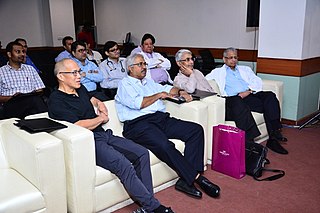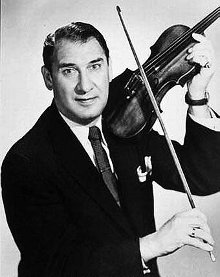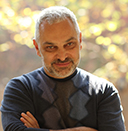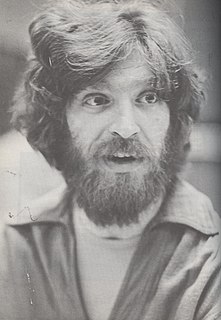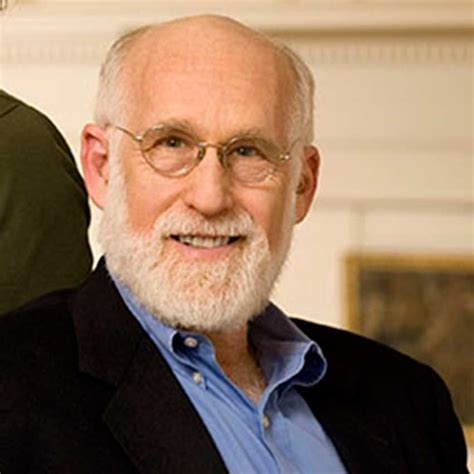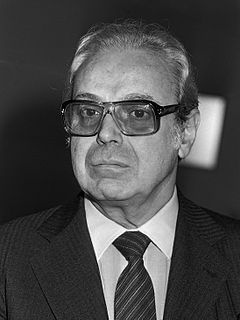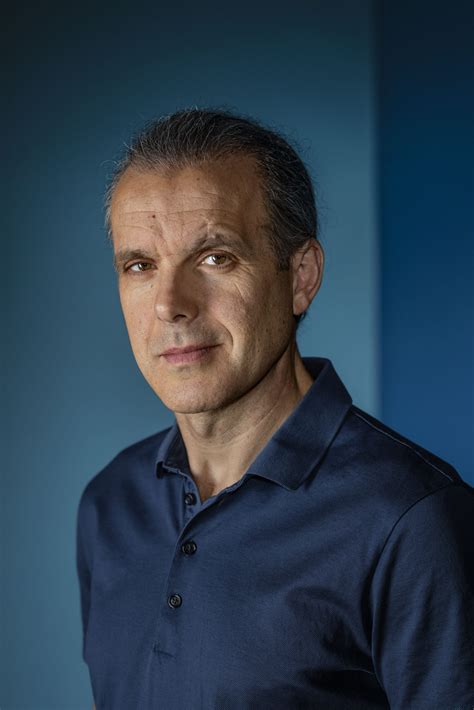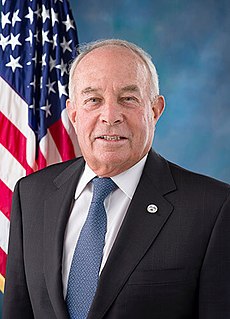A Quote by Charles Teo
I think if the doctor is a good doctor and has a patient's best interest in mind then he's not going to allow anything to compromise that patient's care. The bottom line is the doctor has to care for his patient. You have to have that overwhelming sense of welfare for your patient.
Related Quotes
Macbeth: How does your patient, doctor? Doctor: Not so sick, my lord, as she is troubled with thick-coming fancies that keep her from rest. Macbeth: Cure her of that! Canst thou not minister to a mind diseased, pluck from the memory a rooted sorrow, raze out the written troubles of the brain, and with some sweet oblivious antidote cleanse the stuffed bosom of that perilous stuff which weighs upon her heart. Doctor: Therein the patient must minister to himself.
The freedom of patient speech is necessary if the doctor is to get clues about the medical enigma before him. If the patient is inhibited, or cut off prematurely, or constrained into one path of discussion, then the doctor may not be told something vital. Observers have noted that, on average, physicians interrupt patients within eighteen seconds of when they begin telling their story.
Doctor Johnson said, that in sickness there were three things that were material; the physician, the disease, and the patient: and if any two of these joined, then they get the victory; for, Ne Hercules quidem contra duos [Not even Hercules himself is a match for two]. If the physician and the patient join, then down goes the disease; for then the patient recovers: if the physician and the disease join, that is a strong disease; and the physician mistaking the cure, then down goes the patient: if the patient and the disease join, then down goes the physician; for he is discredited.
I was studying the impacts of fishing on ocean life, while the places that I loved so much continued to decline: less and smaller fish, less corals, and more microbes. I found myself writing the obituary of nature with increasing precision. Unsatisfied and frustrated, I felt like a doctor telling the patient how she is going to die, with excruciating detail. If I were that patient, I would have fired myself and looked for a doctor who would look for a solution.
